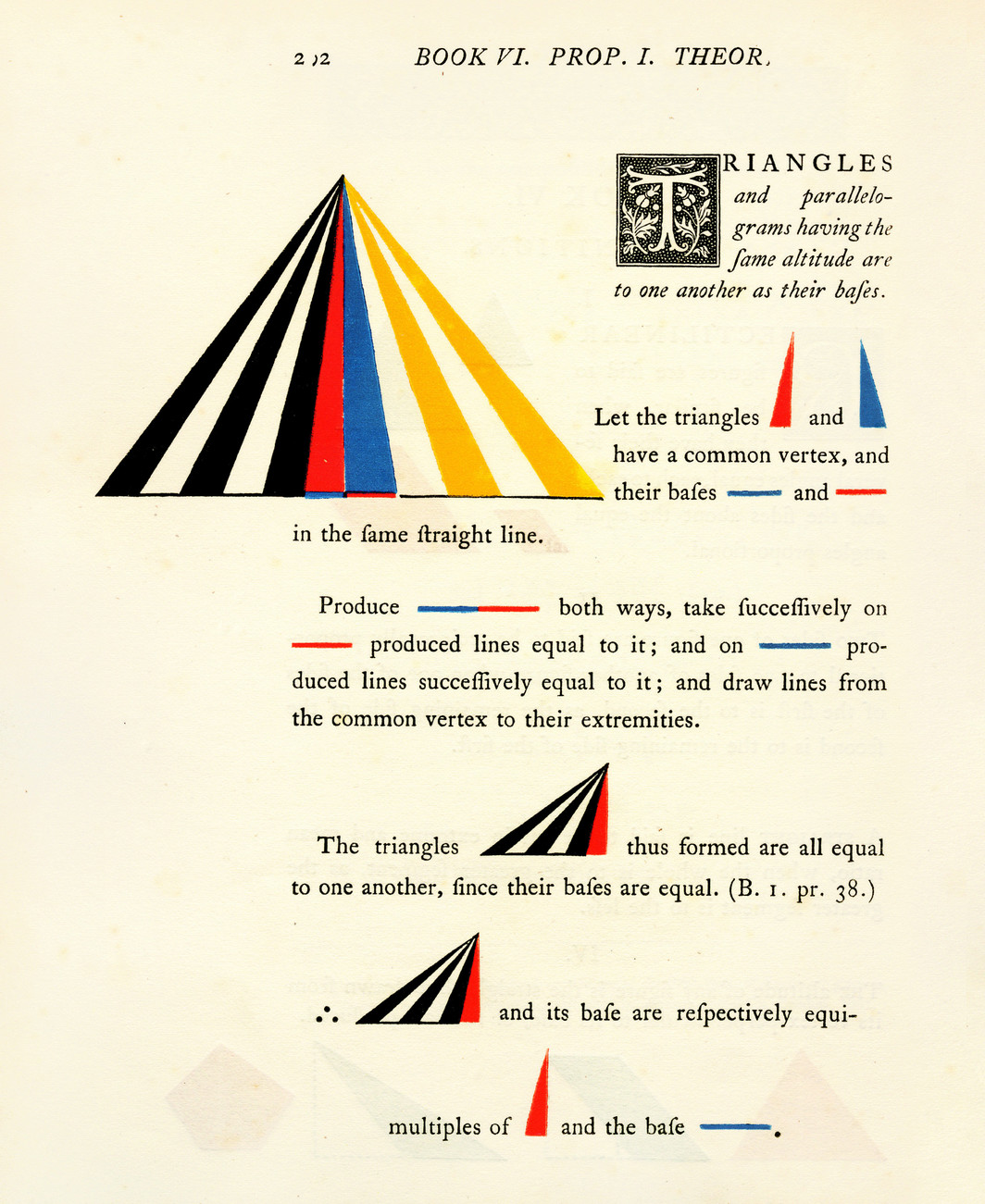Drop City
Sure, the economic collapse of 2008 impoverished many Americans, but it also enriched our language. Back in the days of home-equity-funded Viking Ranges and perpetually solvent 401(k)s, our cultural dictionaries were shockingly bereft of terms like “credit default swap” and “collateralized debt obligation.” One mere global financial panic later, they’re on everyone’s lips. It was only a matter of time, then, before celebrity geographer Richard Florida—who spent the fat years introducing Americans to the “creative class”—arrived on the scene with a trendy new coinage. Too late to christen the


